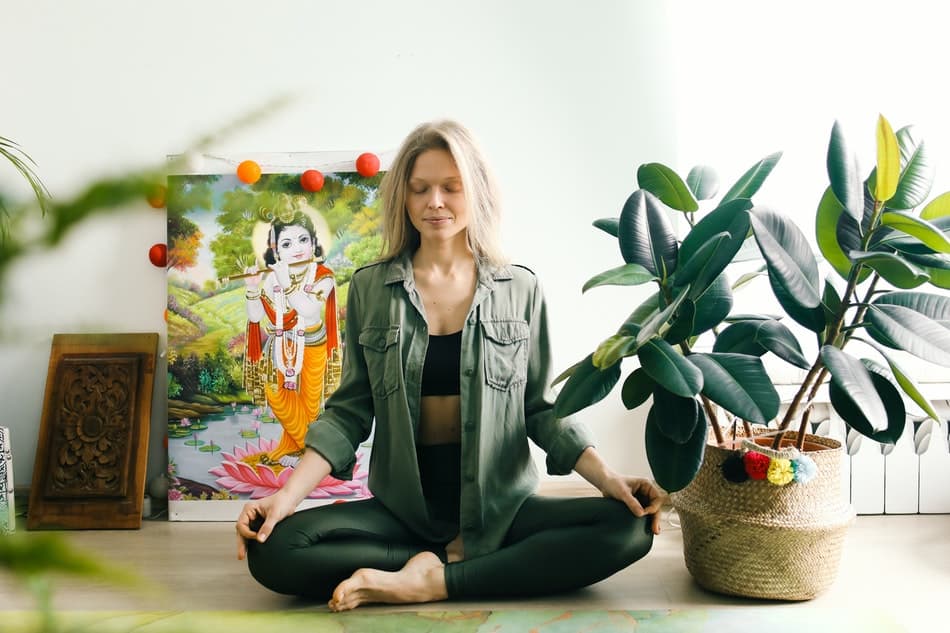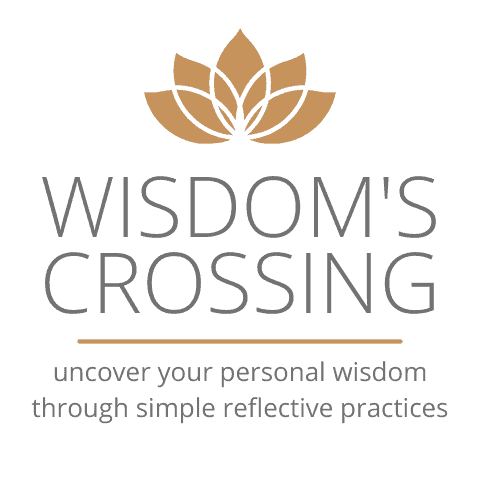Wondering what religions practice mantra meditation? Mantra meditation is a type of mindfulness meditation that is used to focus the mind and achieve a state of inner peace. In this article, I will explore the different religions that practice mantra meditation and discuss the benefits of this type of meditation.
There are many religions that practice mantra meditation including Hinduism, Buddhism, Sikhism, and Jainism. Mantra meditation is not limited to just these four religions, however. Any type of person can benefit from this type of meditation regardless of religious beliefs.
What Is Mantra Meditation?
Mantra meditation is a type of mindfulness meditation that involves repeating a mantra, or short phrase, over and over again. The repetition of the mantra helps to focus the mind and still the thoughts, allowing you to become more present at the moment. Mantra meditation can be done sitting or standing and can be done for any length of time.
Many different mantras can be used for mantra meditation, and you can choose one that resonates with you or has meaning for you. Some popular mantras include “om,” “peace,” and “love.” You can also create your mantra by choosing a word or phrase that has personal significance for you.
Mantra meditation is a simple yet powerful tool that can help to reduce stress, and anxiety, and promote relaxation. If you’re new to meditation, mantra meditation is a great place to start.

What Religions Practice Mantra Meditation?
Mantra meditation is a form of mindfulness that is practiced across many religions. Some of the most popular include Buddhism, Hinduism, Christianity, Sikhism, Jainism, and Islam.
Buddhism
Buddhists use mantra meditation as a way to let go of the ego and connect with the Buddha within. The most popular mantra is “Om mani Padme hum” which means “jewel in the lotus.” This mantra is used as a tool to help practitioners remember that everything is connected and interconnected.
Hinduism
In Hinduism, mantra meditation is used as a way to connect with the divine. There are many different mantras for different purposes such as protection, abundance, healing, and love. One of the most popular mantras is “Om Namah Shivaya” which means “I bow to Shiva.” This mantra is used as a tool to remember that we are all made of stardust and that we are all connected to the divine.
Christians
Christians use mantra meditation as a way to connect with God. The most popular mantra is “Lord’s Prayer” which is used as a tool to remember that we are all children of God and that we are loved unconditionally.
Sikhism
Sikhs use mantra meditation as a way to connect with the divine. The most popular mantra is “Waheguru” which means “Wonderful Lord.” This mantra is used as a tool to remember that we are all made of stardust and that we are all connected to the divine.

Jainism
Jains use mantra meditation as a way to connect with the divine too. The most popular mantra is “Namaste” which means “I bow to you.” This mantra is used as a tool to remember that we are all made of stardust and that we are all connected to the divine.
Islam
Islam uses mantra meditation as a way to connect with Allah. The most popular mantra is “Allahu Akbar” which means “God is great.” This mantra is used as a tool to remember that we are all children of God and that we are loved unconditionally.
How Do I Find My Mantra?
You may be wondering how to find your mantra. There are a few ways you can go about this.
- You can either use a mantra that someone else has created, or you can create your own. If you decide to create your own, there are a few things to keep in mind.
- First, your mantra should be meaningful to you. It should also be something that you can repeat easily and often.
- Finally, it should be something that will help to keep you focused on your goal.
Take some time to think about what you would like your mantra to be. Once you have an idea, start repeating it to yourself. See how it feels and make sure it is something that you can easily remember. You may want to write it down or keep it somewhere where you will see it often. Remember, your mantra is meant to help you, so make sure it is something that will do just that.
Mantras are a powerful tool that can help you focus on your goals and stay motivated. Find one that works for you and use it often. Your mantra will become a part of your journey and help you along the way!
How Often Should I Practice Mantra Meditation?
The answer to this question depends on a few factors, including how much time you have available and how quickly you want to see results. Generally speaking, it is best to practice mantra meditation for at least 20 minutes per day. If you can commit to 30 minutes or more, that’s even better.
However, if you’re just getting started, it’s okay to start with shorter sessions and work your way up. Remember, the key is consistency. Find a time that works for you and stick with it. You’ll be surprised at how quickly you begin to see results.
When Is The Best Time Of The Day To Do Meditation?
The answer to this question is not as simple as it may seem. While there are many benefits to meditating at any time of day, the best time to meditate may vary depending on your individual needs and preferences. For example, some people find that they are more alert and focused in the morning, while others find that evening or nighttime meditation helps them to wind down and relax before bed.
Ultimately, the best time of day to meditate is whenever you can fit it into your schedule and when you feel like you will be able to give your full attention to the practice.
Final Words
Mantra meditation is a form of mindfulness that is practiced across many religions. Mantra meditation is a powerful practice that can be used to connect with the divine within us. It is a practice that is rooted in love, compassion, and connection. If you are looking for a way to connect with your higher self, then I encourage you to give mantra meditation a try.
Related Articles

